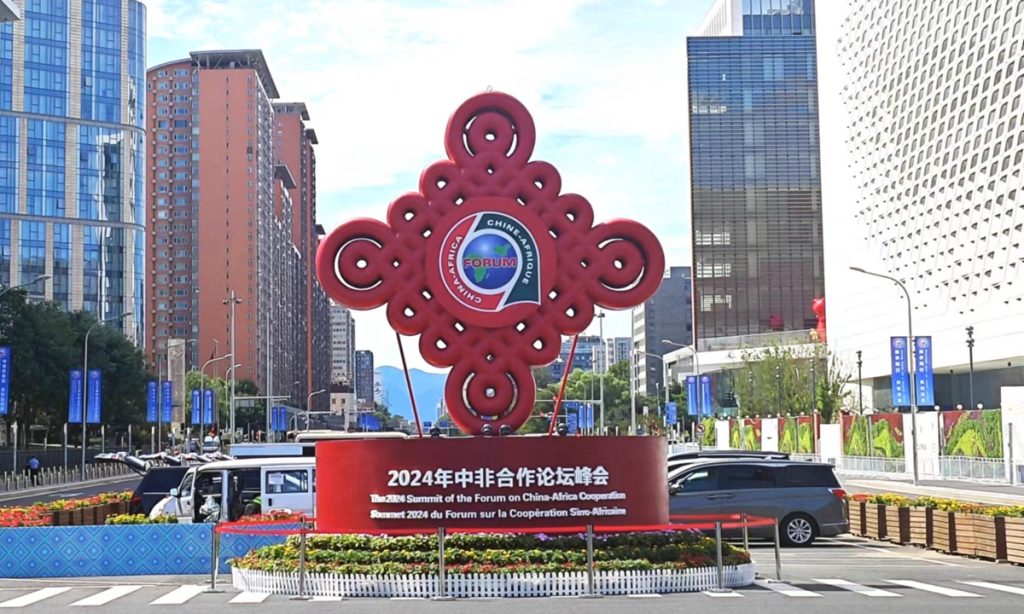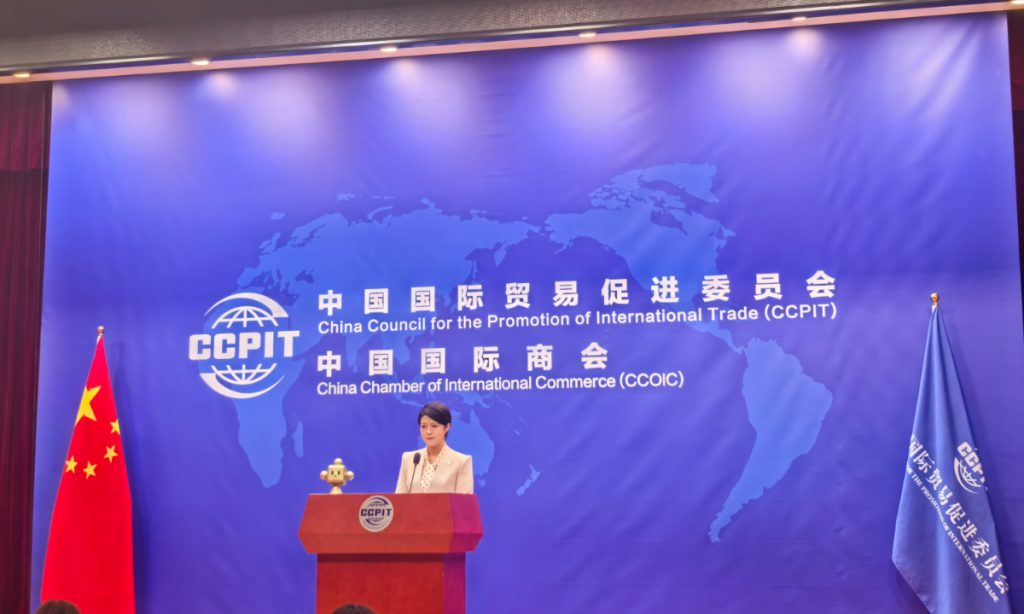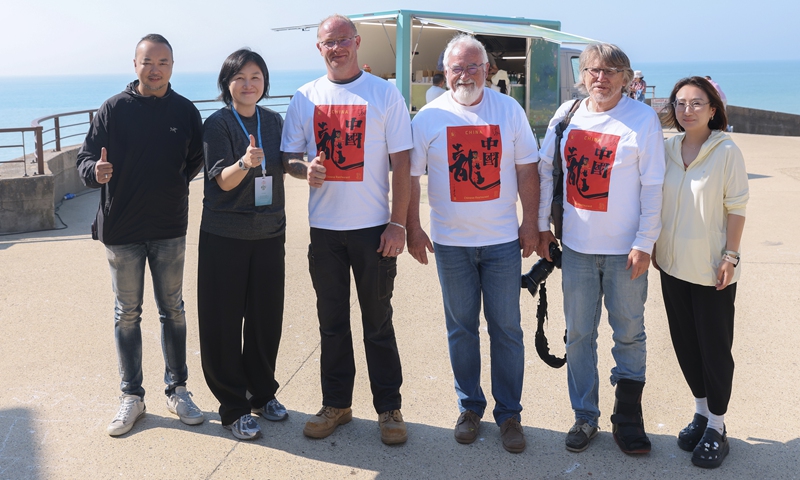Chinese, African entrepreneurs applaud close cooperation at 2024 FOCAC Summit, highlight success under BRI

Chinese and African entrepreneurs enthusiastically endorsed the cooperation between China and Africa at the Eighth Conference of Chinese and African Entrepreneurs, held in Beijing on Friday. They highlighted the significant contributions of the China-proposed Belt and Road Initiative (BRI) to the social and economic development of African countries.
The conference was a key element of the 2024 Summit of the Forum on China-Africa Cooperation (FOCAC), which ran from Wednesday to Friday. It focused on business partnership and provided a vital platform for business leaders from both sides to exchange insights and promote collaboration.
Representatives from 408 businesses and business associations across 48 African countries registered for Friday's conference, another reflection of the strong interest and desire of the African business community to enhance economic and trade cooperation with China, according to the event's organizer, the China Council for the Promotion of International Trade.
Joseph Kahama, secretary general of the Tanzania-China Friendship Promotion Association, met with Chinese business people and exchanged views on cooperation at the conference, showing the opportunity that this platform provided for African business community.
Kahama expressed his appreciation for how the BRI has improved infrastructure in his home country of Tanzania, including the modernized railway system. Additionally, Chinese investments have advanced Tanzania's ICT sector, making communication faster, cheaper, and more efficient, Kahama said.
The BRI has also facilitated people-to-people connections. Through various projects, individuals from different backgrounds have come together, engaged in dialogue, and conducted business, he said.
Kahama is also CEO of a Tanzanian healthcare company. He told the Global Times he was impressed with China being a global leader in healthcare, and noted that China has offered support to Tanzania through its medical teams and pharmaceutical advancements under the BRI. "When discussing China's role in Tanzanian healthcare, it's clear that their contributions have been significant and beneficial," he said.
Kahama is not alone. Olandzobo Nde Maoland, a director at a local bank in Republic of Congo, also shared how he was delighted to come to participate in the business conference.
"I came here to understand the key aspects of the partnership between China and Africa and how to enhance them. Having studied in China, learned Chinese, and currently working with a Chinese company, I recognize that there is always more to learn," Maoland said.
"Observing the rapid development in China, I am eager to apply similar strategies to advance my own country. This is my primary goal," he noted.
Commenting on the BRI, Maoland said that it has already made a notable impact on his country's development. "Chinese companies are involved in numerous projects, such as electricity generation and road construction. With all these, we have witnessed substantial progress and positive changes in our country," he said.
During the conference, Maoland had the opportunity to converse with Chinese businesspeople, and he said he hopes to explore potential business cooperation with them in the future.
Participating in the Conference of Chinese and African Entrepreneurs and the FOCAC Summit is important for private businesses to exchange experiences, Sougueh Houssein Farah, director general of Transvrac SARL, a Djiboutian logistics company, told the Global Times on Friday.
"Africa and China can achieve a truly win-win collaboration. I believe that after this summit, China will help put us on the track of industrialization, which is especially lacking in Africa but which China has been able to achieve rapidly. Therefore, exchanges of experience are important," said Farah.
The BRI has brought significant development changes to Africa. At the same time, it is essential to learn from current experiences and explore ways to better support local development, Li Tie, president of the Chinese Chamber of Commerce in Zambia, told the Global Times at the business conference on Friday.
China advocates small-scale yet impactful projects, and this has been a very positive direction, Li said, giving the example of education and training.
Africa is currently facing severe employment challenges, with young people struggling to find jobs due to a lack of skills. This skill gap has also made it difficult for Chinese companies to find suitable workers when setting up factories in Africa, according to Li.
"We can enhance investment and support in vocational education to help more young African people improve their skills," Li said.




